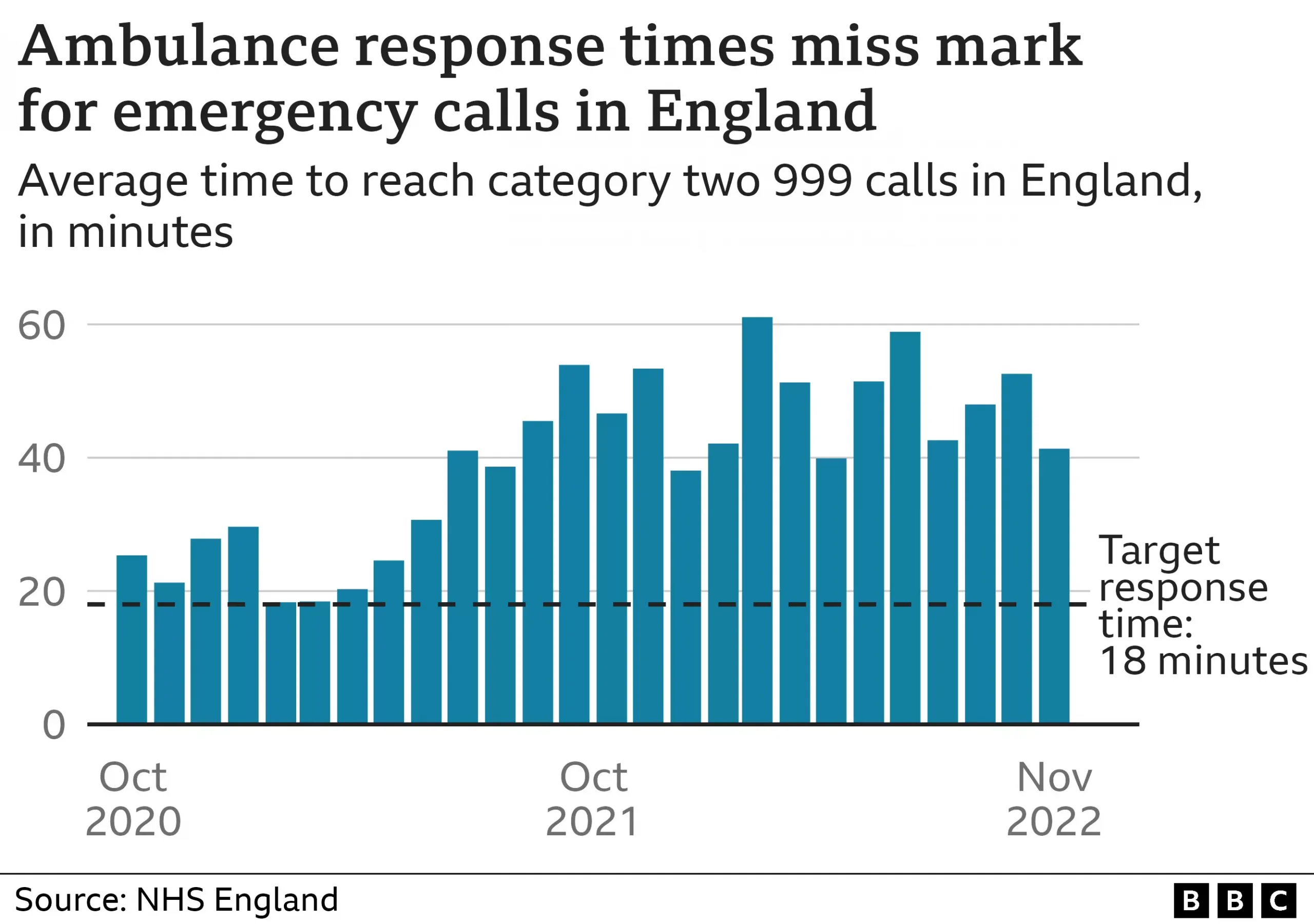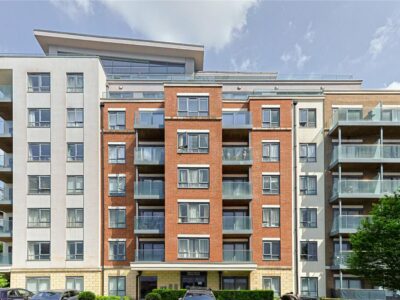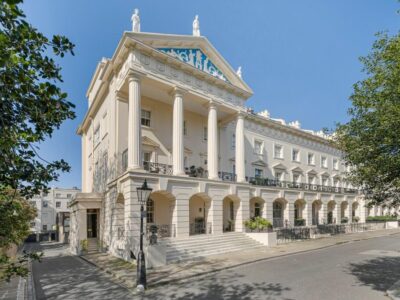Health bosses have warned they cannot guarantee patient safety during strikes by thousands of ambulance workers in England and Wales on Wednesday. But NHS England says emergency care will continue to be provided. Ambulance response times are already twice as long as two years ago and there is huge pressure on A&Es.
People are being asked to use services “wisely” and only call 999 in a life-threatening emergency – with 111 online as the first port of call. No industrial action is taking place in Northern Ireland and Scotland, and there will be no strikes in the east of England or the Isle of Wight. But elsewhere, there is likely to be major disruption as paramedics, call handlers, emergency care assistants and, technicians go on strike. Around 750 armed forces staff are being drafted in to cover the walkouts in England and Wales. However, their role will be limited – they won’t be sent on call-outs involving critical care and they won’t provide any clinical care.

What do I do if I’m hurt?
Patients who are seriously ill or injured, or whose lives are in danger, are being advised by the NHS to call 999. For all other healthcare needs, the NHS is advising people to contact NHS 111 online or via the NHS 111 helpline, or to contact their local GP or pharmacy. In the run-up to the strike, the rhetoric from both sides has intensified. Writing in the Daily Telegraph, Health Secretary Steve Barclay said: “We now know that the NHS contingency plans will not cover all 999 calls. Ambulance unions have made a conscious choice to inflict harm on patients.” But union boss Christina McAnea, from Unison, told Talk TV’s First Edition the government’s refusal to open any kind of negotiations with them was irresponsible. Asked whose fault it would be if people died, she said: “Absolutely the government’s.”
In a letter to the prime minister, the NHS Confederation, which represents healthcare systems in England, Wales and Northern Ireland, said there was now “deep worry among NHS leaders about the level of harm and risk that could occur to patients tomorrow and beyond”. “This is not something NHS leaders would ever say lightly,” the letter stated, “but many now tell us that they cannot guarantee patient safety”. The letter has now also been signed by NHS Providers, the body which represents hospital trusts, mental health and ambulance services.
What’s happening in my area?
Not all unions are striking for the same hours on Wednesday, and it is difficult to say how many workers at each individual service will strike. You can use our interactive tool to find out which unions are on strike at your local ambulance service: The industrial action by ambulance workers follows two days of strikes by nurses this month over pay. It has also been some of the busiest months on record for people attending Accident and Emergency departments. Long waits for ambulances after an emergency 999 call have become a regular occurrence, as have queues of ambulances outside A&E waiting to offload patients.
Rachel Harrison, national secretary of the GMB Union, said ambulance staff were tired of going to work and spending all day in an ambulance outside a hospital with a patient because of delays in handing over patients to A&E. She said they were “being physically prevented from carrying out their jobs” and did not know if patients would “still be alive” when they reached them after a callout.
Ambulance workers are asking for a pay rise above inflation – although not a precise figure – and a plan for recouping lost earnings over many years. Mr Barclay met union representatives on Tuesday afternoon but there were no discussions around pay – only what care would still be provided during the strike. Onay Kasab, Unite’s national lead officer, said the meeting was “entirely pointless” because the health secretary had refused to discuss the key issue – pay. Ms McAnea from Unison said there was “no movement”, adding she was “very disappointed” the strike would go ahead. Mr Barclay called the strikes “deeply regrettable” and urged the public to take extra care and check in on vulnerable friends, family and neighbours. He said most ambulance staff have received a pay rise of at least 4%, taking average earnings to £47,000. A further pay increase would mean taking money from frontline services, he added.

Prime Minister Rishi Sunak has insisted he will not back down against striking workers. He has said the best way to help the workforce would be to reduce inflation as quickly as possible. One Conservative MP said the prime minister must show some flexibility, and accused the government of “parroting” the decision of the pay review boards. MP Sir Geoffrey Clifton-Brown said: “These things have got to be solved by negotiation. There are people who are desperately likely to need this service over Christmas.” NHS England says it has increased the number of staff answering 999 calls and is helping individual trusts speed up the process of handing over emergency patients and discharging those who are well enough to go home. On Tuesday, health minister Will Quince urged people to avoid contact sports and unnecessary car journeys during the ambulance strike.
Wales’s health minister Eluned Morgan also urged people not to “add extra pressure”, warning that crews would only be able to respond to the most urgent calls. London Ambulance Service is testing out an alternative way of doing things – instead of dispatching an ambulance to all 999 callouts, they are going to have a team of clinicians call patients back to see if they can be helped in other ways. For those who do need an ambulance, there will be 200 vehicles compared to the normal 400. And most of those will be staffed by a member of the military, with a clinician alongside that may or may not be a paramedic. The service says it may also use taxis for some patients.
Chief executive Daniel Elkeles said: “If that resource is not enough to get to all of the life-threatening emergencies, then our staff from the picket lines will go and respond.” He said Wednesday was going to be a “very difficult day” because they were already extremely busy. But he said he was confident “we’ll be able to get to everyone who has a life-threatening emergency in London”.
On Tuesday, eight ambulance services declared critical incidents, including North East Ambulance Service, South East Coast Ambulance Service, the East of England Ambulance Service, Yorkshire Ambulance Service and South Central Ambulance Service, because of pressure on services. A critical incident allows services to prioritise certain patients and cancel non-urgent demands on staff such as training. It can happen because of a very high number of calls, for example.
![]()





